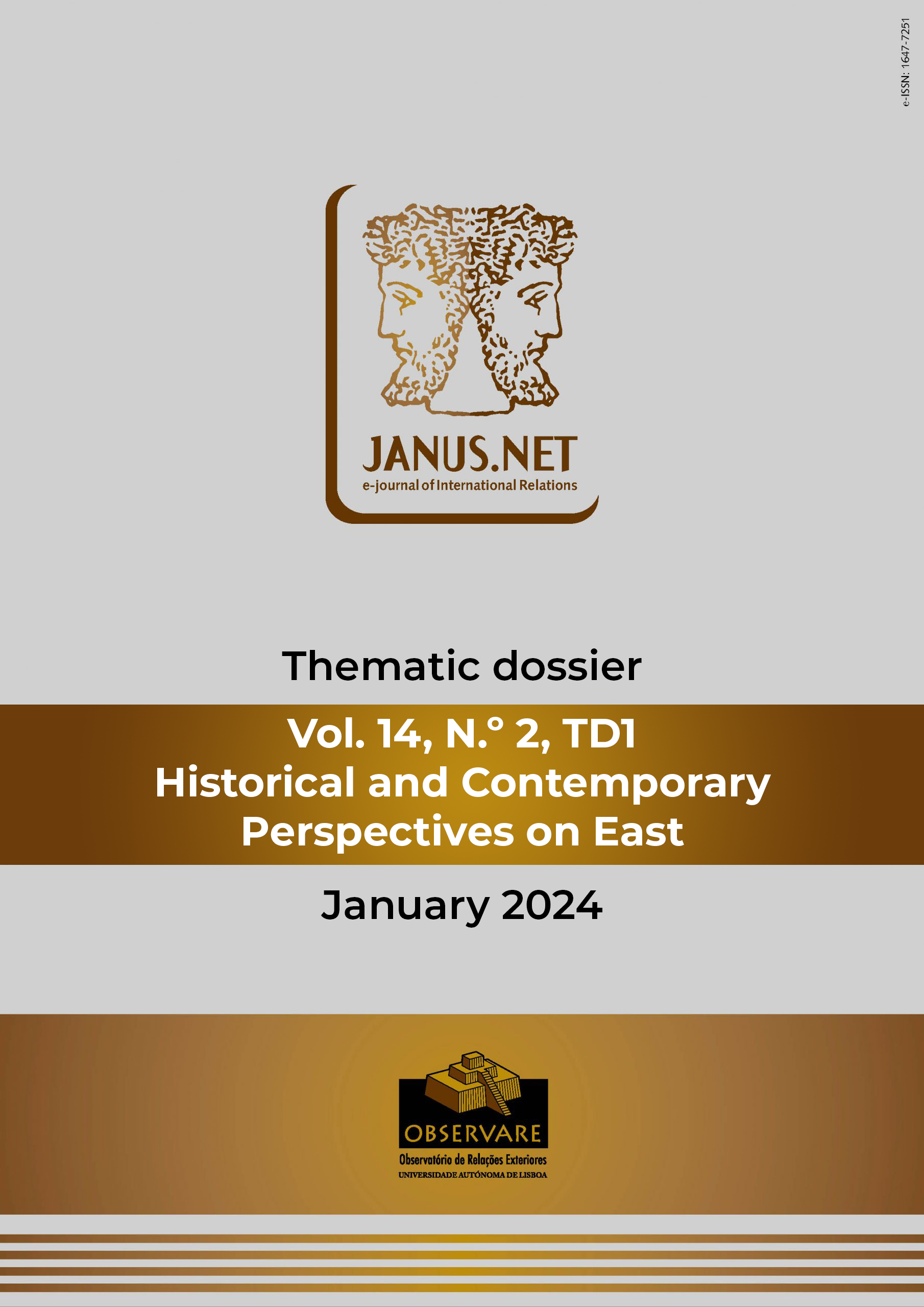GASTRODIPLOMACIA CHINESA NO PRESENTE E NO FUTURO
DOI:
https://doi.org/10.26619/1647-7251.DT24.5Keywords:
China, cultural diplomacy, public diplomacy, gastrodiplomacyAbstract
Gastrodiplomacy is a new dynamic of public/cultural diplomacy, which several countries are using to promote soft power. In the last decade, as gastrodiplomatic programs have been launched that produce outstanding effects, more and more significant work has been found in this field. However, this is not the case for China. This is a country, on the one hand, with a vast wealth of gastronomic resources and, on the other hand, has actively promoted soft power internationally. Therefore, for the development of the area of gastrodiplomacy, it is not logical to lack analyzes on the Chinese case. By searching for relevant information on the websites of the Chinese Ministry of Foreign Affairs and China Public Diplomacy Association, we developed this work to analyze what has been done, particularly by the Chinese State, in gastrodiplomacy and then what are the possible challenges for Chinese gastrodiplomacy.


